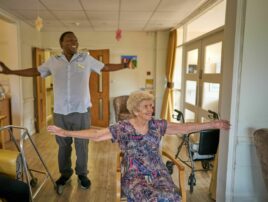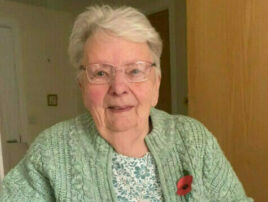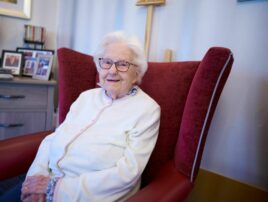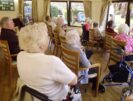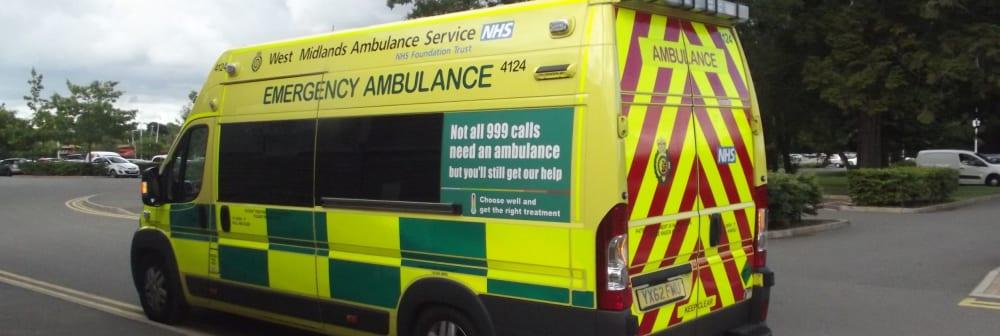
Tuesday 18th February 2020
As social care fails, the NHS steps in with emergency response teams
Louise Morse
Every day, nearly 2,000 frail and vulnerable older people, struggling to cope at home alone, are being refused social care, more than half those who apply, reports Age UK.
Most who ask for help from their local Council fall outside the increasingly tight limits governing who is eligible for help – because Councils do not have the necessary funds. Now only those with serious health and mobility issues (who before 2010 would probably have been funded for residential care) are given free home (domiciliary) care. The unsuccessful are referred to other local services, including paid-for companies or charities. The result is a surge in older people, including those with dementia, ending up in A&E and often left stranded in hospital for months, some yo-yoing back and forth. Since 2012 there’s been a 6% rise in emergency elderly admissions, 100,000 extra, according to Alzheimer’s Society analysis, costing the NHS more than £280 million a year.
To keep older people out of hospital, next winter will see the roll-out of seven NHS Rapid Response Units in different parts of the country; teams of skilled professionals who will treat people in their own homes within two hours of the emergency call. NHS England says that studies show the services – provided by teams made up of a range of professionals such as nurses, physiotherapists, occupational therapists, social workers and social care staff – are highly effective in helping people regain or maintain their independence. NHS England is investing £14million in the new service, which will include continued help with daily activities such as washing, cooking and dressing.
‘For the first time in its 71-year history, NHS national plans prioritise community health services, providing a genuine opportunity to do something different when caring for people facing a health crisis at home,’ said Matthew Winn, NHS Director of Community Health and Chief Executive of Cambridgeshire Community Services NHS Trust.
But it begs the question of what happens to the thousands of frail elderly who are struggling to cope but haven’t reached crisis point – yet. Charities and churches are doing a great deal to help (£3.5 bn worth in 2017, according to the Cinnamon Trust), but until a rational social care funding policy is put in place thousands will continue to suffer.

